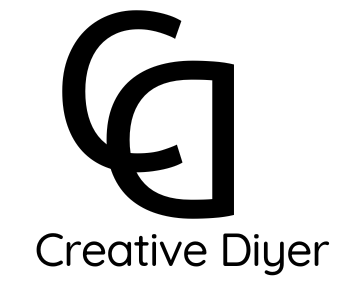If you are facing the difficulties of mental health and addiction disorders, the road to recovery may be overwhelming. Although individual therapy plays an essential role in healing, group therapy provides distinct benefits that can speed up the process and offer vital emotional assistance. We at Milestone Recovery believe in the healing power of community, which is why group therapies are the foundation of our long-term approach to wellness.
Life, by nature, is a series of difficulties, both small and large. From everyday stressors such as an approaching deadline to more significant life events like losing or illness, or even major changes, we all face circumstances that test our emotions and mental acuity. How we handle these situations is largely dependent upon the way we manage our Coping strategies, ideas, and actions we use to cope with stress, adapt to stressful situations, and ensure our health.
What is Group Therapy?
Therapy for groups can be described as a structured type of psychotherapy that lets people with similar struggles meet under the guidance of a qualified psychotherapist. Sessions are focused on sharing experiences, strategies for coping, and support from peers, making people feel less alone in the midst of their struggles.
As opposed to one-on-one therapy, group therapy fosters a sense of belonging and community. This is vital for those who are recovering from addiction or battling mental health issues.
The Benefits of Group Therapy for Addiction Recovery and Mental Health
Group therapy can provide many advantages, such as:
1. A Sense of Connection and Belonging
Many people who struggle with mental illness or addiction feel isolated. Group therapy gives them the chance to make connections with other people with similar struggles, as well as fostering empathy and understanding.
2. Shared Learning and Coping Strategies
Listening to how other people handle their difficulties can give valuable insights and strategies for coping. The group members can benefit from each other’s successes and hiccups, offering collective experience that helps the recovery of everyone.
3. Accountability and Motivation
In groups, participants are encouraged to establish personal goals for their recovery and are held accountable for their improvement. Regular meetings provide an atmosphere of order and a sense of motivation, which helps participants remain committed to their recovery journey.
4. Reduced Stigma and Judgment
The stigma of shame and fear often hinders individuals from seeking out help. Group therapy is a safe and non-judgmental space where people can freely share their experiences without fear of being judged. This encourages self-acceptance as well as emotional healing.
5. Strengthening Social Skills and Emotional Resilience
Many suffer from addiction, and mental health issues can affect friendships and interactions. Group therapy can help people regain their social skills, develop healthy boundaries, and build confidence in social situations.
Eliminating the Shame Associated with Addiction and Therapy
One of the biggest obstacles in seeking out therapy is fear of being judged. Many people think they must be able to handle their problems on their own, and others fear being branded “weak.” In reality, getting assistance is a sign of strength and resiliency.
In Milestone Recovery, we work to end the stigma associated with mental health and addiction treatment. Group therapy creates a space in which people can hear, be understood, and assisted without fear of judgment.
The Path to Recovery: Establishing a Network of Support
Recovery isn’t a solo process. It thrives in the context of strong relationships and supportive communities. Integrating the group therapy component into a larger recovery plan gives people the tools needed to maintain long-term wellness. The key elements of this method include:
Promoting Peer Assistance
The shared experiences that are part of group therapy give the assurance that everyone is not alone in their struggle. This peer-to-peer support increases confidence and resiliency over time.
Creating Better Coping Strategies
Through observing others’ successes and struggles, people can learn to manage the triggers and stressors more positively, thereby promoting positive behaviours.
Combining Other Therapies with Group Therapy
While group therapy is beneficial by itself but it’s most effective when it is combined in conjunction with medical therapy, individual counselling, and self-care techniques. An integrated approach increases the chances of sustaining recovery.
Healing and Hope via Collective Strength
The strength of group therapy is its ability to heal, connect, and strengthen. Everyone should not have to confront mental health issues or addiction on their own. When they participate in group therapy, participants benefit from a supportive community and coping techniques that are invaluable, as well as the confidence to believe in themselves again.
At Milestone Recovery, we believe in the power of transformation that comes from sharing healing. If you or someone close to you struggles, be assured that you’re not alone. Help and support are readily available. Recovery is a process, and when we work together, we’ll walk towards an improved future.




